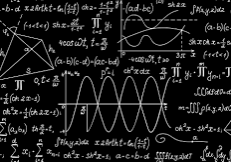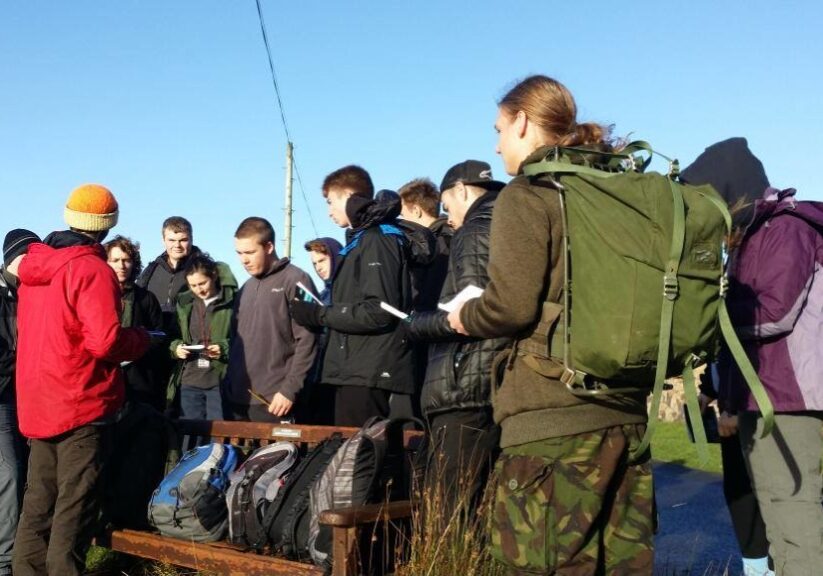Why Study Physics?
Physicists are fascinated by the world around them and love to solve problems in a variety of contexts: from the subatomic realm of tiny particles to the vast celestial bodies of the cosmos (and everything in between!). Physicists need to think logically but also need to be creative in their approach to solving problems.
Every topic you study will have a huge range of applications, from architecture to astronomy, and from musical instruments to medical physics.
Why Study Physics at Worcester Sixth Form College?
We take a creative approach to teaching and learning which includes a significant amount of practical work integrated within the course. You will be taught by experienced subject specialists in modern well-equipped laboratories located in our state of the art Science Centre.
We are endorsed by Cambridge University’s HE+ lecture programme and offer additional lectures to students on higher level topics such as Special Relativity, Musical Acoustics, The Apollo Space Missions and Quantum Mechanics.
Our Science and Engineering Academy programme offers Physics students the opportunity to undertake a project of their choosing which can be submitted as an Extended Project Qualification in the second year.
Progression Opportunities
As a Physics student you will learn to adapt your problem solving skills to new situations and develop skills that are not only highly valued by employers, but will give you the opportunity to progress onto the most competitive Higher Education courses – everything from Physics and Engineering to Law and Medicine degrees.


Sarah Westgate

Course Specifics / Entry Requirements
| Qualification Name | Maths GCSE Req. | English GCSE Req. | Other Req. | Desirable Qualifications | Skills & Attributes Required for Success | Guidance on Costs or Commitments |
|---|---|---|---|---|---|---|
| Physics | 6 | 4 | Grade 6,6 or above in Combined Science or grade 6 or above in GCSE Physics and another science. Students should take A Level Maths (exception only by agreement with department) or Engineering with Core Maths. | Average GCSE score of 5.5 | Commitment to practical experiment. Willingness to apply IT. | Optional trip in year 1. |
Related Courses / Activities

IT Level 3 Applied
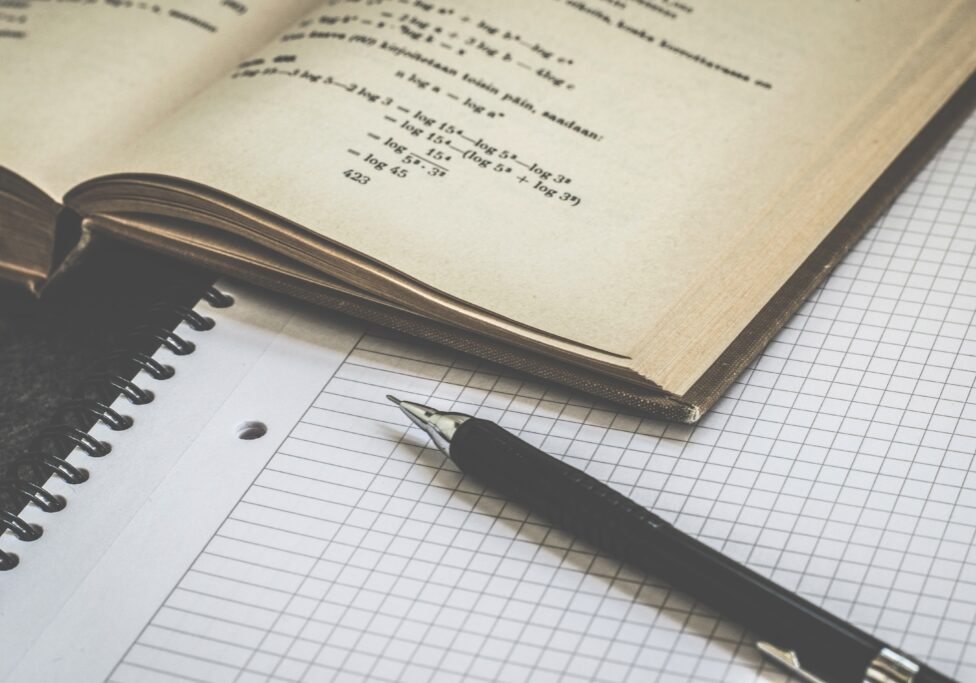
Mathematics A Level

Further Mathematics A Level
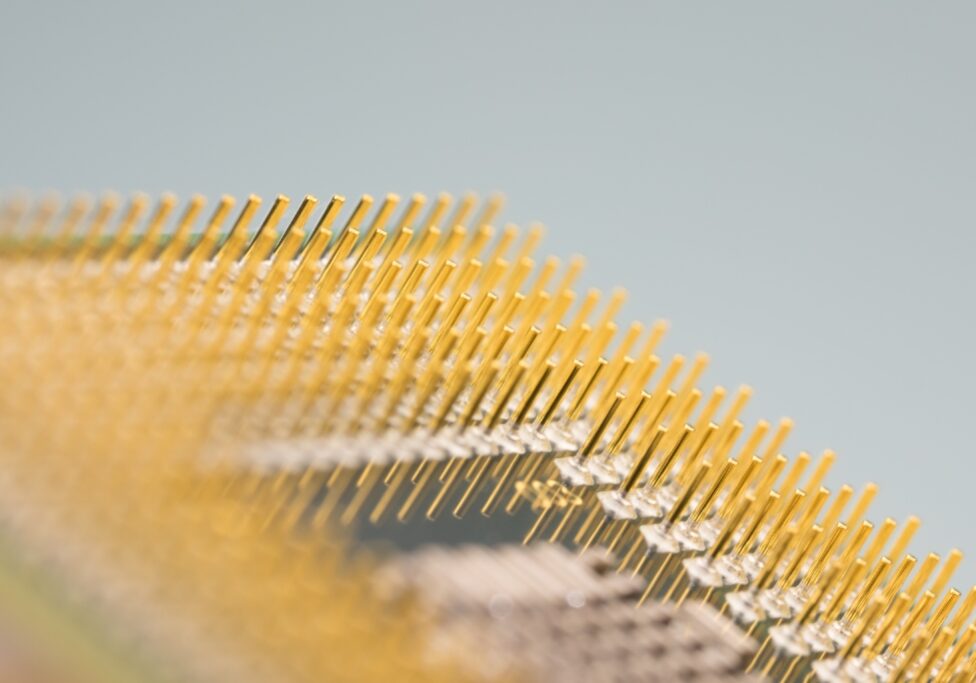
Computer Science A Level
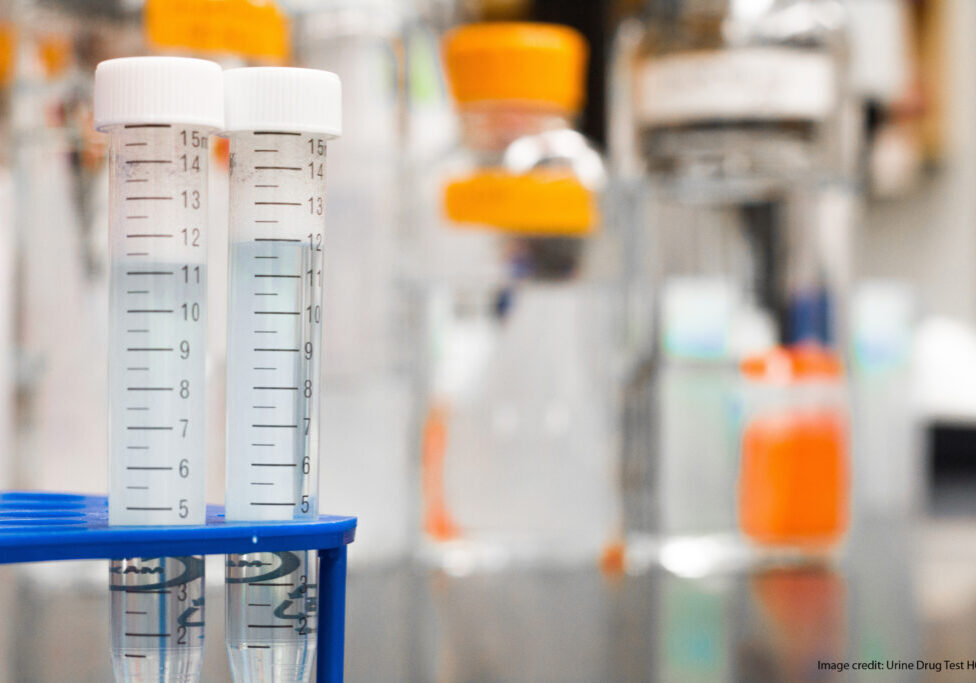
Chemistry A Level
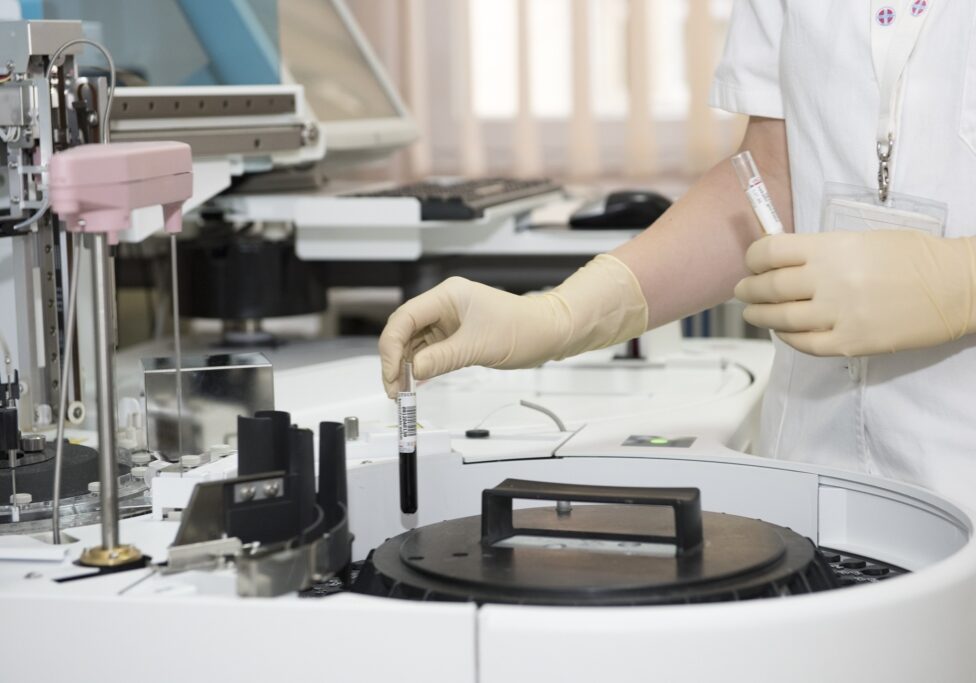
Biology A Level


